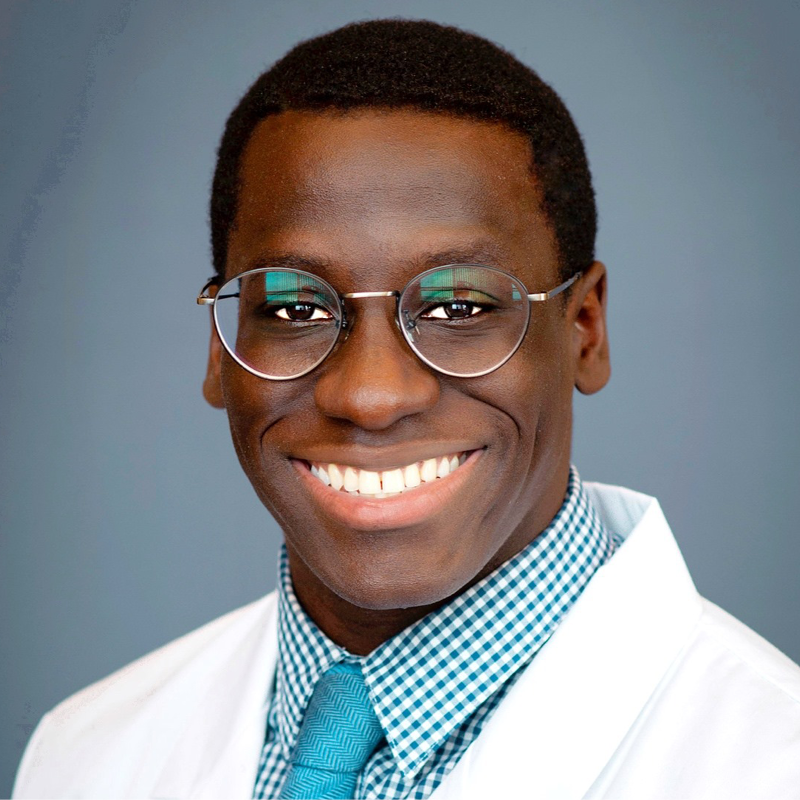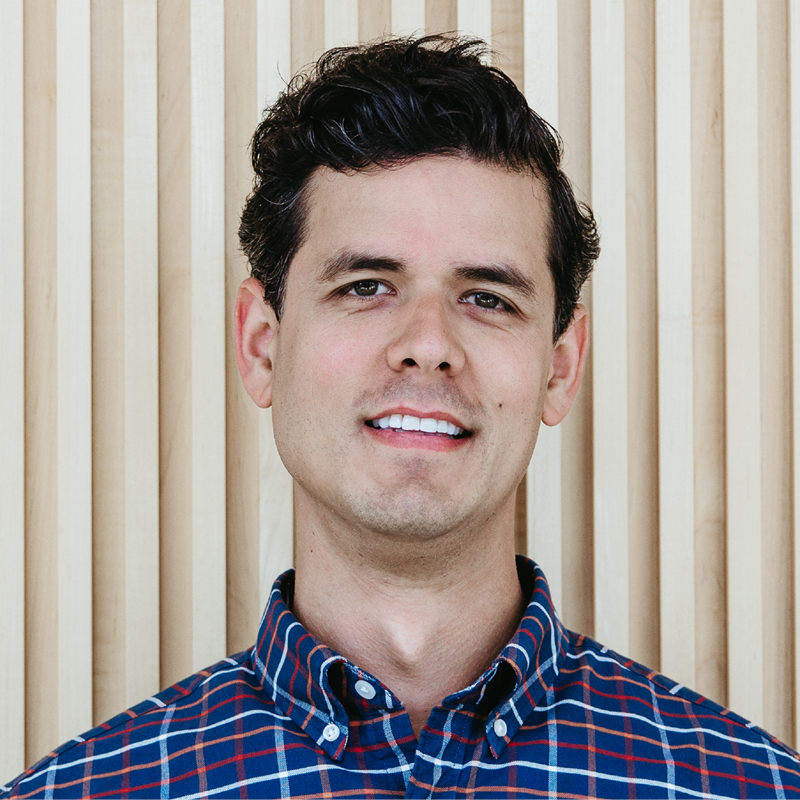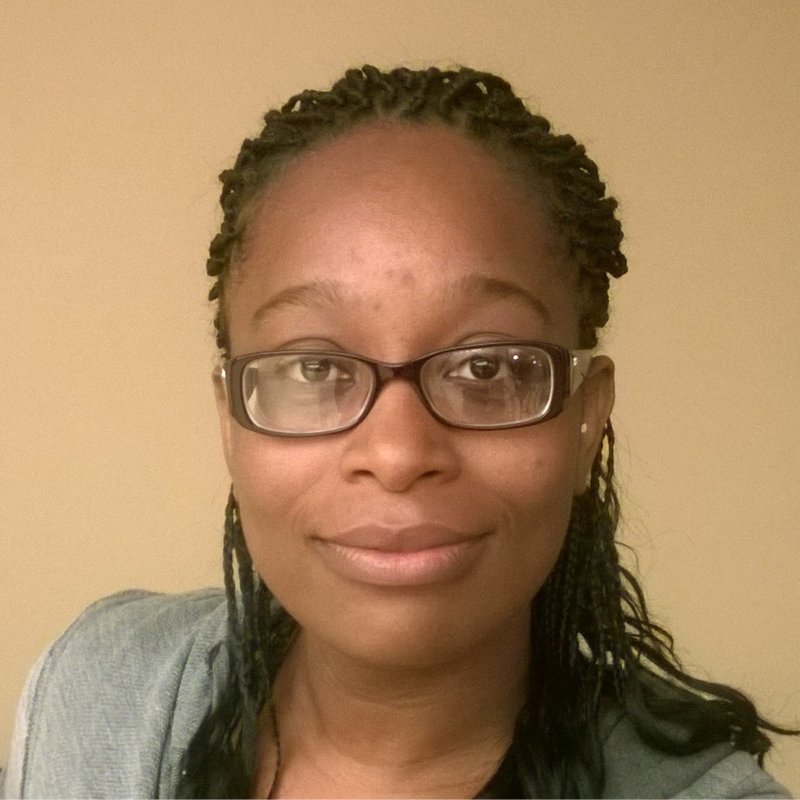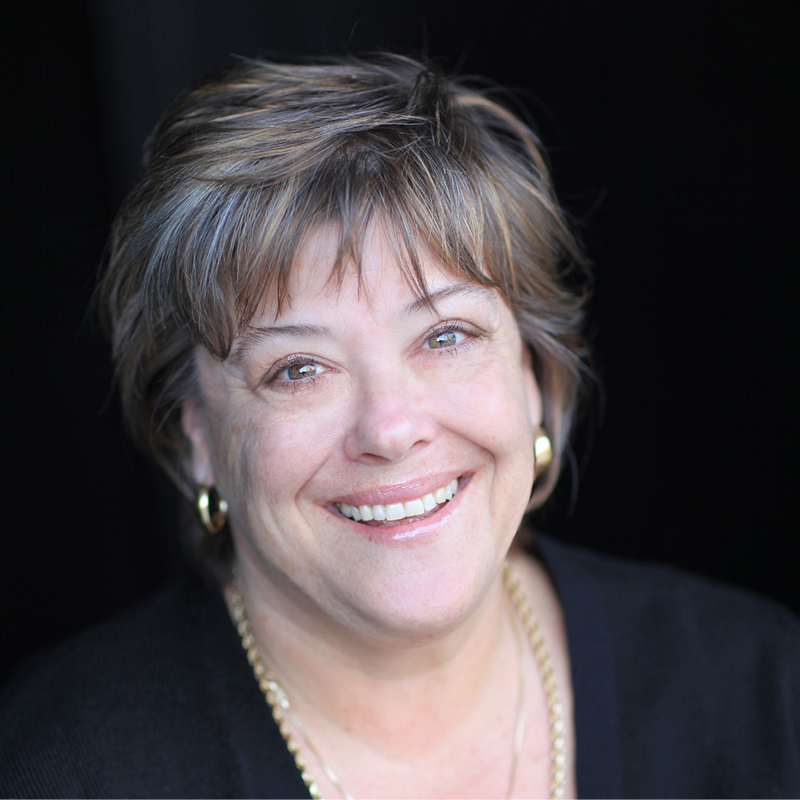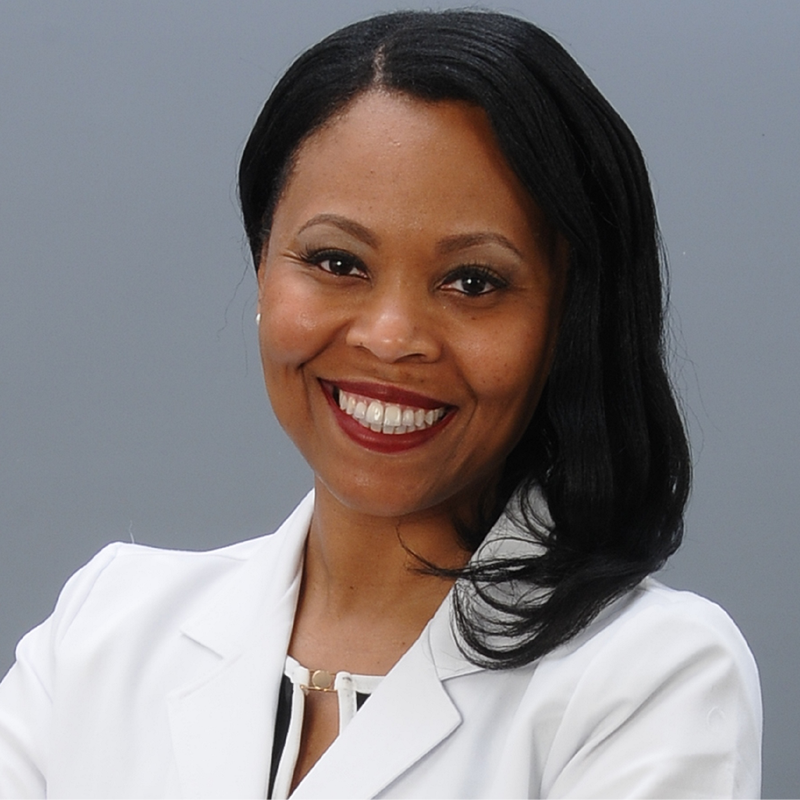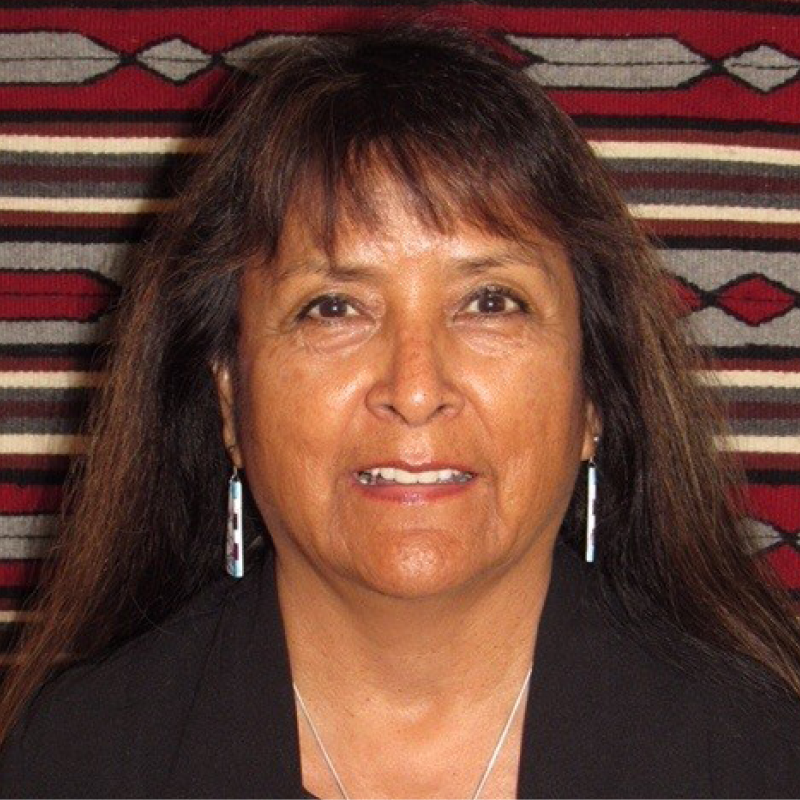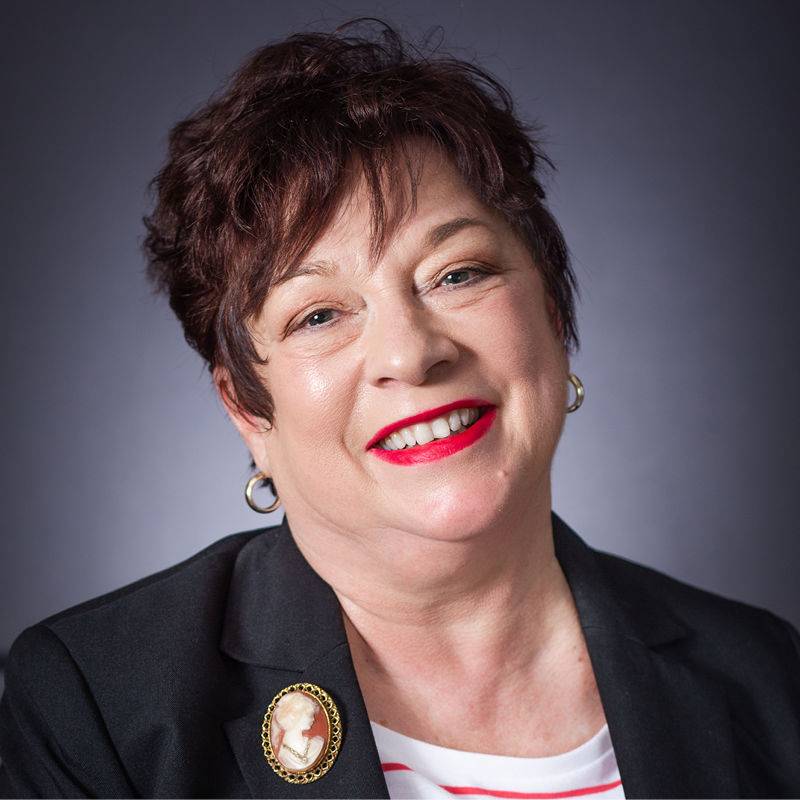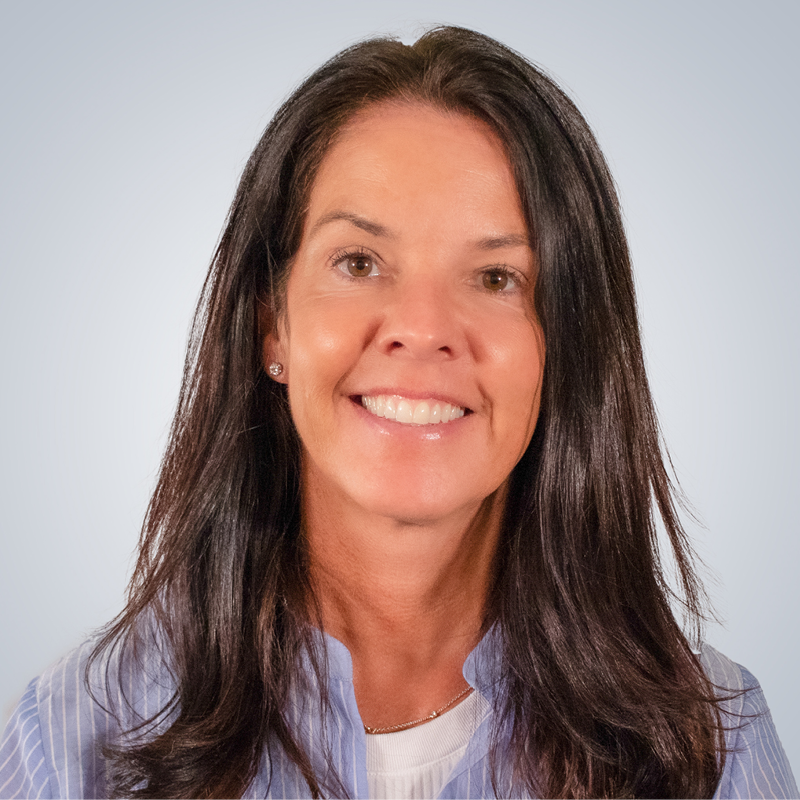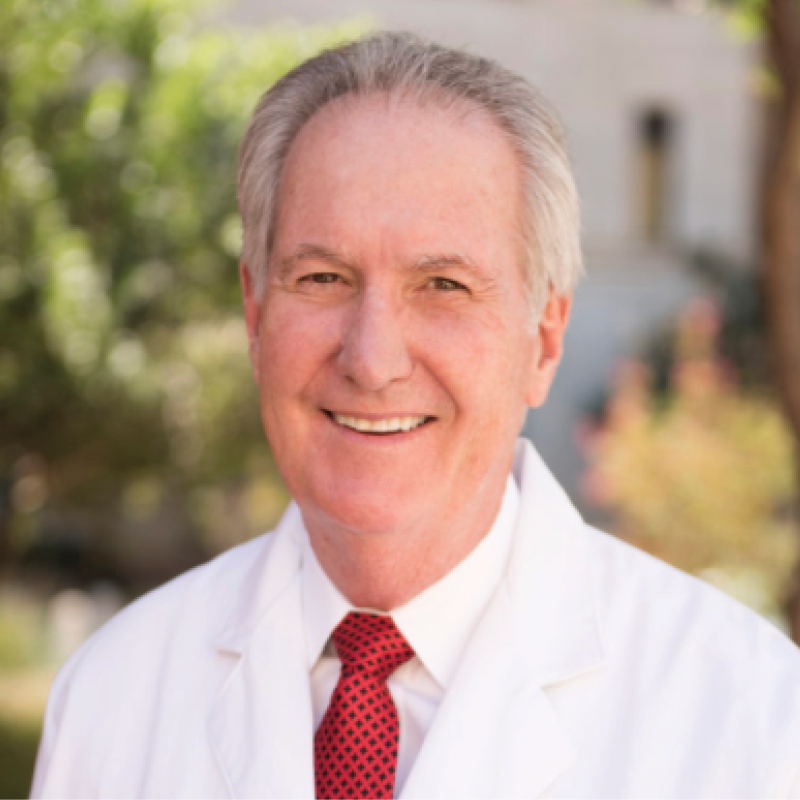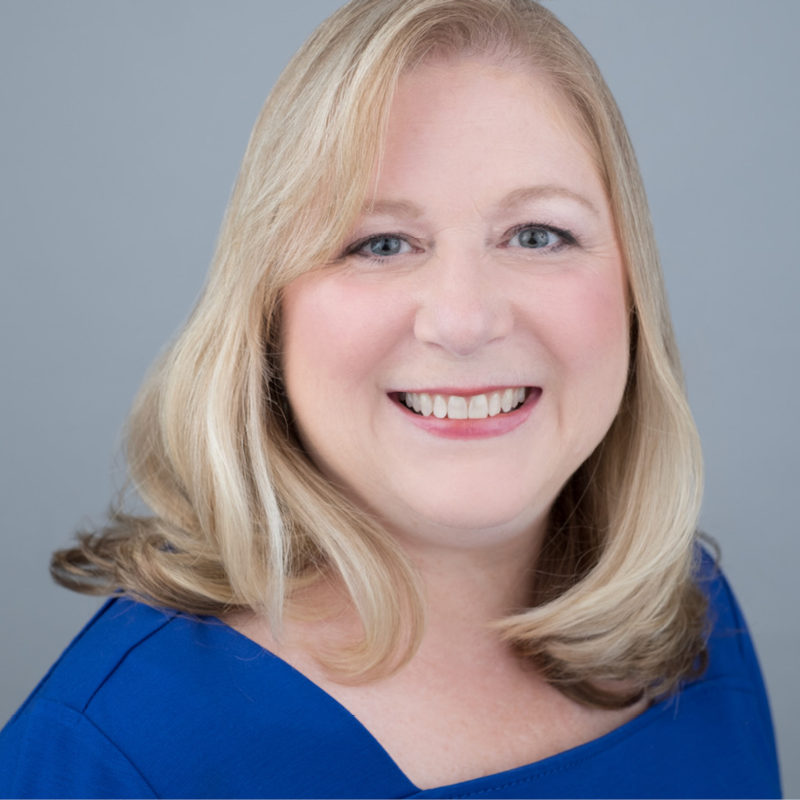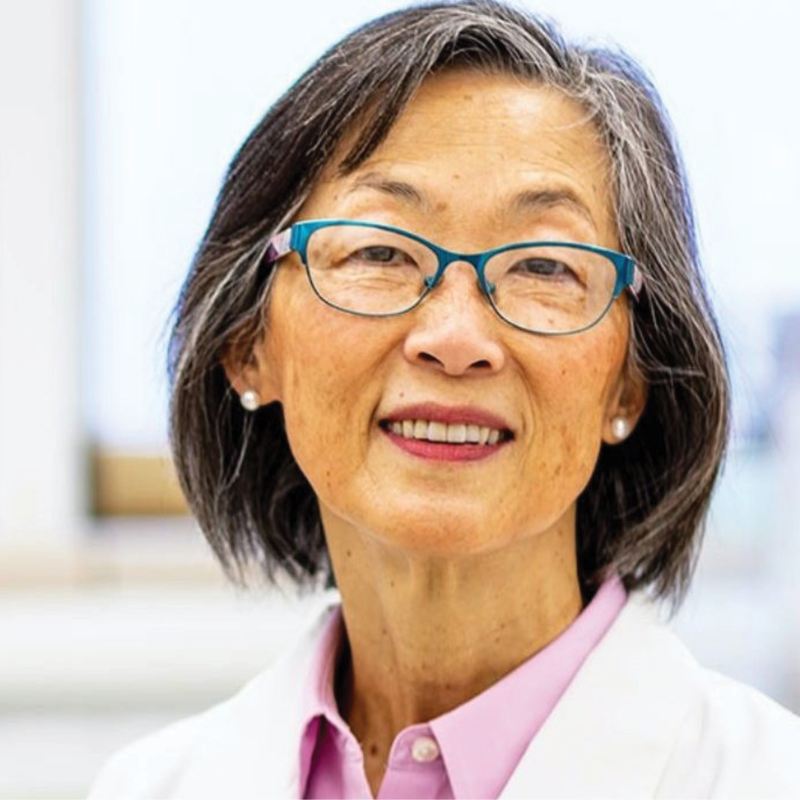I realized there was this gap – no one was talking about this on social media. For a long time, the Black community has been left out of conversations – and not just the Black community but a lot of underrepresented communities. So many health disparities are often chalked up to environment or lifestyle, but there’s a lot of other systemic issues. I think it’s really necessary for people to understand race plays a role – and understanding this can save your life.
Joel’s videos cover a wide range of health and medicine topics, emphasizing health disparities and debunking long-standing myths, including racial biases in medicine. His videos provide easily digestible information that empowers viewers to take control of their health and challenge systemic injustices. In his series on racial biases in medicine, Joel exposed practices such as race-based equations that inaccurately measure health markers in darker-skinned individuals.
Joel’s pulse-oximeter bias video attracted half a million views in 24 hours, and last year a viewer credited it with saving his life. The man had COVID and, after a healthy pulse oximeter reading in the ED, was being discharged. Using information from Joel’s video, the man spoke up and was admitted. Overnight, he crashed and was intubated. “I would not be here without your video,” he told Joel.
Another viewer reached out about Joel’s TikTok on a measure of kidney function called GFR. His video explains a standard equation that overestimated GFR for Black patients, falsely saying they have better kidney function than others. The National Kidney Foundation recently revised its advice for Black patients, and Joel’s TikTok follower is now 5 years closer to a new kidney after requesting an adjustment to reflect the foundation’s new guidelines.
Knowing that fewer than 5% of U.S. physicians are Black fuels Joel’s desire to open doors in medicine for underrepresented individuals. So, he founded Coug Health Academic Mentoring Program (CHAMP), a Washington State University mentoring program for underrepresented students interested in medicine, and co-founded Hugs, a nonprofit that empowers high school global leaders. Joel also creates content to increase health care diversity and inclusivity such as a series explaining how he earned scholarships and what he wrote for his undergraduate admissions essay to Yale.
Joel’s work has captured the attention of high-profile organizations, leading to speaking engagements with the USDA, Google, the American Medical Association, and BET. TikTok named him the Top 2021 "Voice of Change" and one of ten 2023 TikTok mental health advocacy creators, and the Smithsonian Channel honored him as a 2022 Cyclebreaker. He participates on the Council for Responsible Social Media for the White House Office of Public Engagement’s Healthcare Leaders in Social Media Roundtable; is working with the World Health Organization’s Digital Communications Team to combat COVID-19 misinformation on social media; and served on The Atlantic’s Health Equity Advisory Board as the Medical Student Digital Fellow of the American Medical Association.
The impact of Joel’s work has reinforced his belief in the power of education and information to affect positive change.
Examples of Racial Bias in Medicine
- Medical textbook images of dark skin range from 4% to 18%, according to a 2020 analysis in the Journal of the American Academy of Dermatology.
- Black patients’ 5-year melanoma survival rates are 70%, compared to 90% for white patients.
- Spirometer equations assume a lower lung function for Black and Asian individuals compared to other patients.
- The GFR equation was based on an assumption that Black people have more muscle mass than people of other races. A new equation was not created in 2021.
Misinformation and Social Media Trends
Misinformation is information that is false, inaccurate, or misleading according to the best available evidence at the time.
- During the pandemic, misinformation led people to decline vaccines, reject public health measures, and use unproven treatments
- Misinformation led to harassment and violence against health care and airline staff and others on the frontline
- 1 in 10 patients get their health information online
- People retain 95% of a message from video, compared to 10% from text
- Half of social media users prefer video over other types of content
- People engage with short-form video 2.5x more than long-form video
- 51% of people are more likely to share videos with friends and family over any other content type
Health Equity Heroes
Meet the 2023 Health Equity Heroes

PREVENTISTRY PULSE
The newsletter designed for anyone who wants to improve oral health for themselves, their families, customers or communities.
